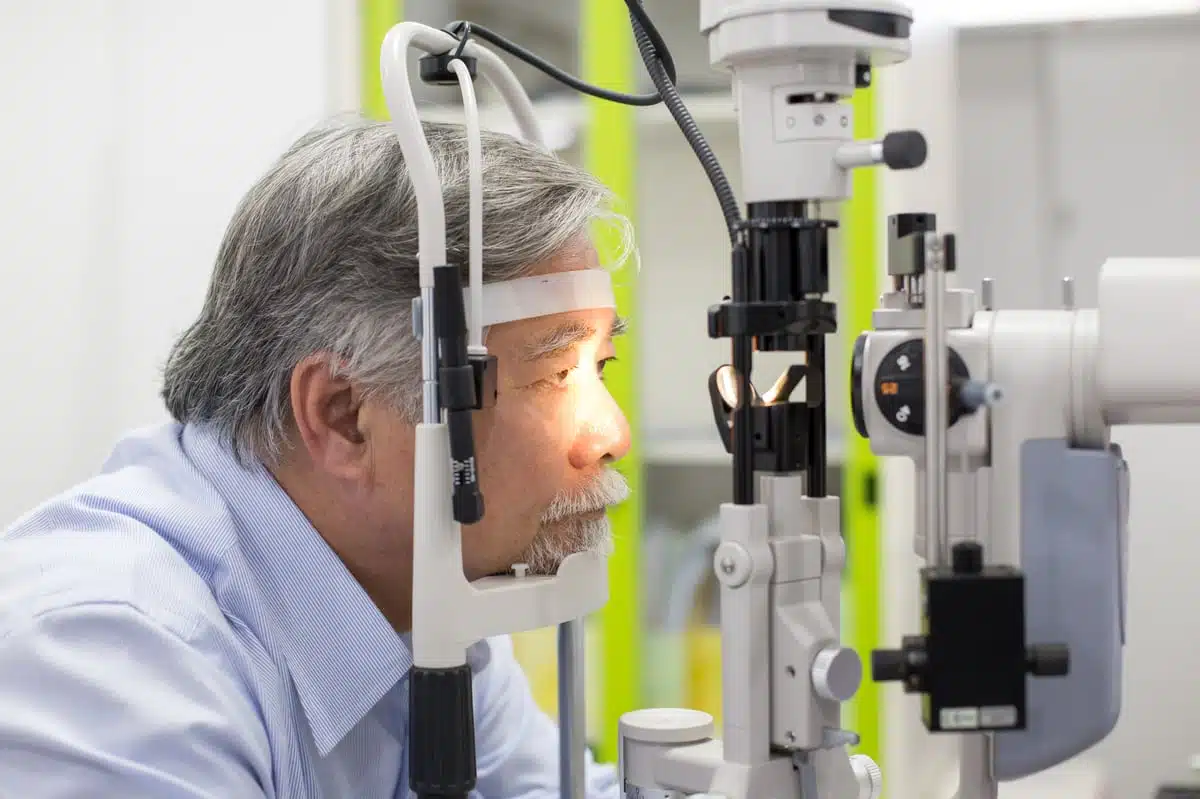After being called over by a friend to speak with his father who recently had a major stroke, I noticed his father frequently breaking down emotionally, feeling like a burden on his family.
The current World Health Organization defines a stroke as the rapid development of clinical signs of cerebral function disturbance, lasting more than 24 hours or leading to death, with vascular causes.
The term ‘stroke’ was introduced by William Cole in 1689, where it was previously referred to as ‘apoplexy’. Stroke has been linked to various neuropsychiatric issues such as cognitive impairment, dementia, personality changes, and mood disorders. Disabilities resulting from a stroke can manifest physically, mentally, and emotionally, either due to brain damage or the individual’s response to their limitations.
Research has shown a strong association between stroke survivors and depression, particularly forms related to arteriosclerotic brain disease. Post-stroke depression may stem from brain injury, chemical changes in the brain, sudden disability onset triggering emotional responses, or other factors like genetic predisposition or lack of social support.
Diagnosing post-stroke depression involves ruling out other conditions that mimic depressive symptoms, such as fatigue, weight loss, and disrupted sleep patterns. Specific criteria need to be met, including persistent feelings of sadness, loss of interest in activities formerly enjoyed, guilt, concentration issues, and suicidal thoughts.
Studies estimate that post-stroke depression affects around 30% of patients, and gender does not significantly impact the risk of developing it.
Treating post-stroke depression involves holistic care encompassing biological, psychological, social, and rehabilitation aspects. Various therapies like cognitive behavioral therapy, virtual reality, behavioral activation therapy, reminiscence therapy, and brain stimulation techniques have shown positive effects on individuals with post-stroke depression. Additionally, antidepressants can be used but require careful consideration and monitoring by healthcare providers.
It is crucial to raise awareness about post-stroke depression to prevent under-treatment. Collaborative efforts between stroke-ready hospitals, stroke physicians, and neuropsychiatrists can yield better patient outcomes and enhance the quality of life for those affected.
Ultimately, preventive measures along with evidence-based interventions are vital in addressing post-stroke depression and improving overall patient well-being.
Dr. Alok Kulkarni, a senior interventional neuropsychiatrist at the Manas Institute of Mental Health and Neurosciences in Karnataka, emphasizes the importance of comprehensive treatment approaches for individuals affected by post-stroke depression.





